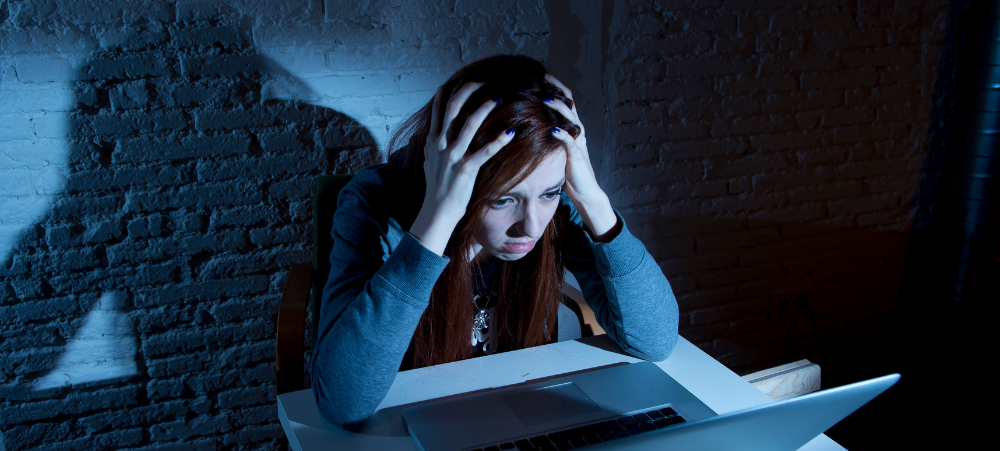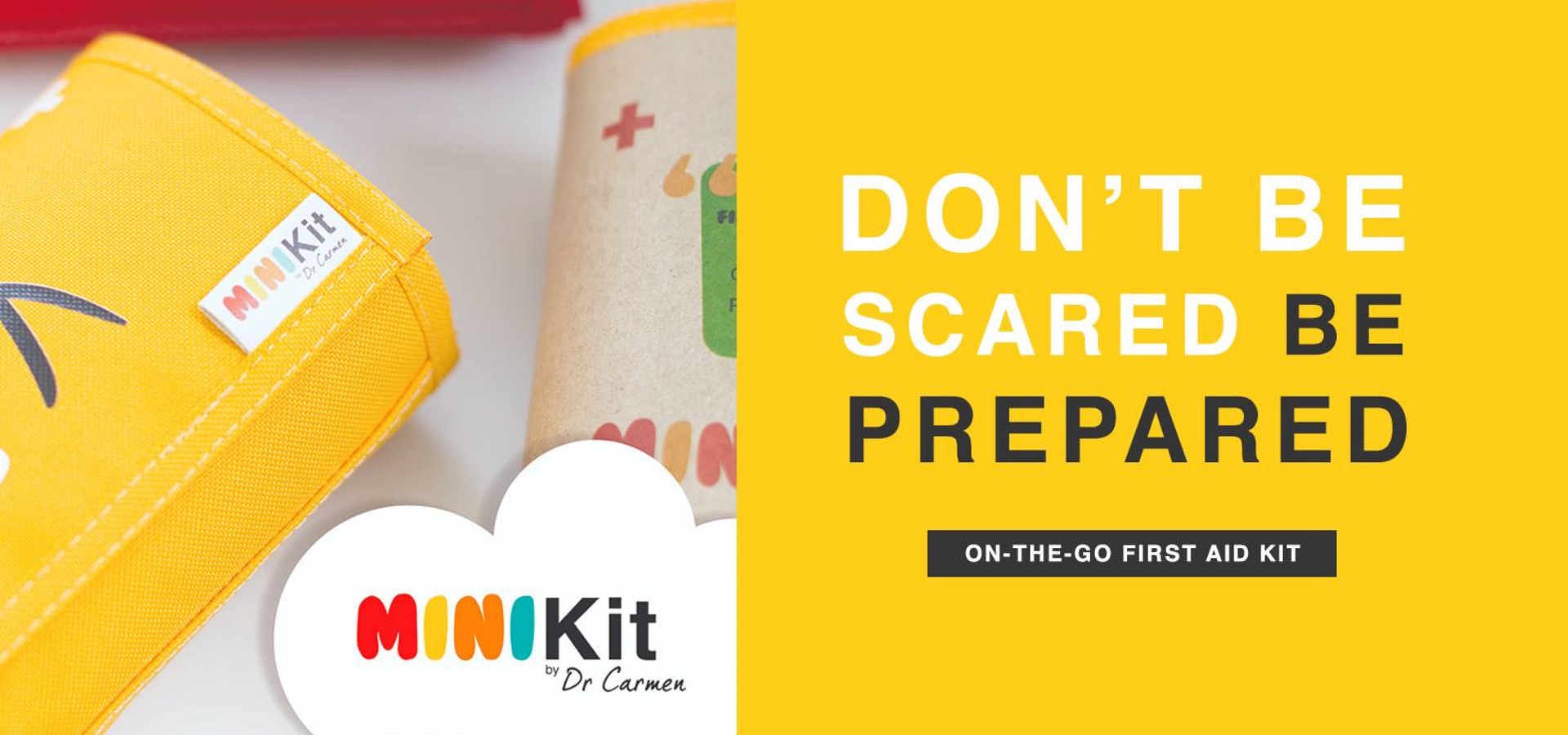By Jenny Platford Crawford College La Lucia School Counsellor
“You’re on your own. And you know what you know. And YOU are the one who’ll decide where to go…”
(Dr Seuss)
As Dr. Seuss so clearly emphasizes, much of how we go about making our decisions is based on a personal sense of self, shaped by our personality, life experiences, knowledge, sense of self- awareness and confidence, values both personal and societal. He implies that we have a sense of purpose and control over our decisions irrespective of the external factors impacting on us.
There are definite steps that can be followed when making an informed decision-these include identifying and clarifying the decision that is to be made, seeking information to provide adequate knowledge and understanding, weighing up pros and cons and then making a decision based on all known entities. This may be the science of decision-making- a clear process, a plan of action. There can, however, be no definite known outcome, no matter the preparation that goes beforehand. Rather all decisions inherently offer more than one outcome and hence many involve an element of risk.
In the society in which we live, this perceived potential for risk and uncertainty, can add stress and anxiety to the larger life decisions we face. Added to this, our society is in a constant state of flux –
Politically (as populist movements increase), economically (challenges from crypto currencies) and socially (with the advent of social media platforms- challenging the essence of our relationships with one another). Many young people face uncertain futures as they watch the challenge to our tertiary system. Online courses are on the increase and careers are constantly evolving. Uncertainty can foster a sense of indecision and self-doubt. The media constantly floods our cognitive space, setting definitive guidelines as to what would be construed as socially acceptable and cyber communication brings an immediate communication of all world events clouded by the advent of fake news. There is an overwhelming amount of information available to us and often, young people feel incapable of making sense of it all.
How then do young people learn to take control over their lives through effective decision-making?
Those students who appear adept in this skill are those who often have a clear sense of self, which has been developed as a result of authentic life experiences, rather than those based on contrived digital experiences. They are familiar with the wonderful potential of both their intellectual and their physical capacity and have developed a sense of resilience, having faced failure in a supportive environment. Parents who allow their children to celebrate the learning that occurs when mistake are made, teach resilience. Thereby overcoming the fear of failure that often paralyses young people when they face life decisions.
Young people who are allowed to be curious and independent in their thinking, find decision making another opportunity to explore the unknown, chart a different course, flex themselves. This becomes the art of decision-making.
Those who travel, read, explore their faith, live in the physical, and not the digital world, get to build a wealth of insight into their capabilities, and their limitations. They have authentic knowledge as to challenges they have faced, skills they have relied on and support that they can draw on. This frees them, to try new things, trust their judgment and act out their choices.
Interaction with a variety of people, exposure to diversity in terms of ideas, faith and culture is empowering and builds understanding, insight, compassion and empathy – all necessary when making informed decisions as very rarely does a decision just impact one person -inevitably, ethical considerations are often required and so a true sense of one’s personal values is of paramount importance.
The world we live in requires that individuals are innovative, creative and solutions driven. All these factors require young people to be able to make decisions, act on them and then reflect on the decision made and the outcomes presented. Parents, who make all the decisions for their children, stunt their curiosity and buffer the learning process thereby preventing independence of thought and the development of self-confidence.
Decision-making therefore in my mind is crafted over time, built alongside character and identity and bolstered by lessons learnt through life experiences and teachable moments.14324
We understand that there are many aspects that encompass a Mother, Father or Child and strive toward providing resources and services that accommodates this.
Our content is aimed to inform and educate families on issues starting from pregnancy through to the challenges of the teen-age years.
- Say Hello to the Ultimate Holiday Brunch Bite - December 17, 2025
- Tiny Toons Looniversity Returns: Meet the Voice Behind Plucky and Hamton! - December 12, 2025
- From Pain to Possibility: Panado®’s New Marketing Campaign, Highlights The Joy Of Pain Relief - December 10, 2025





